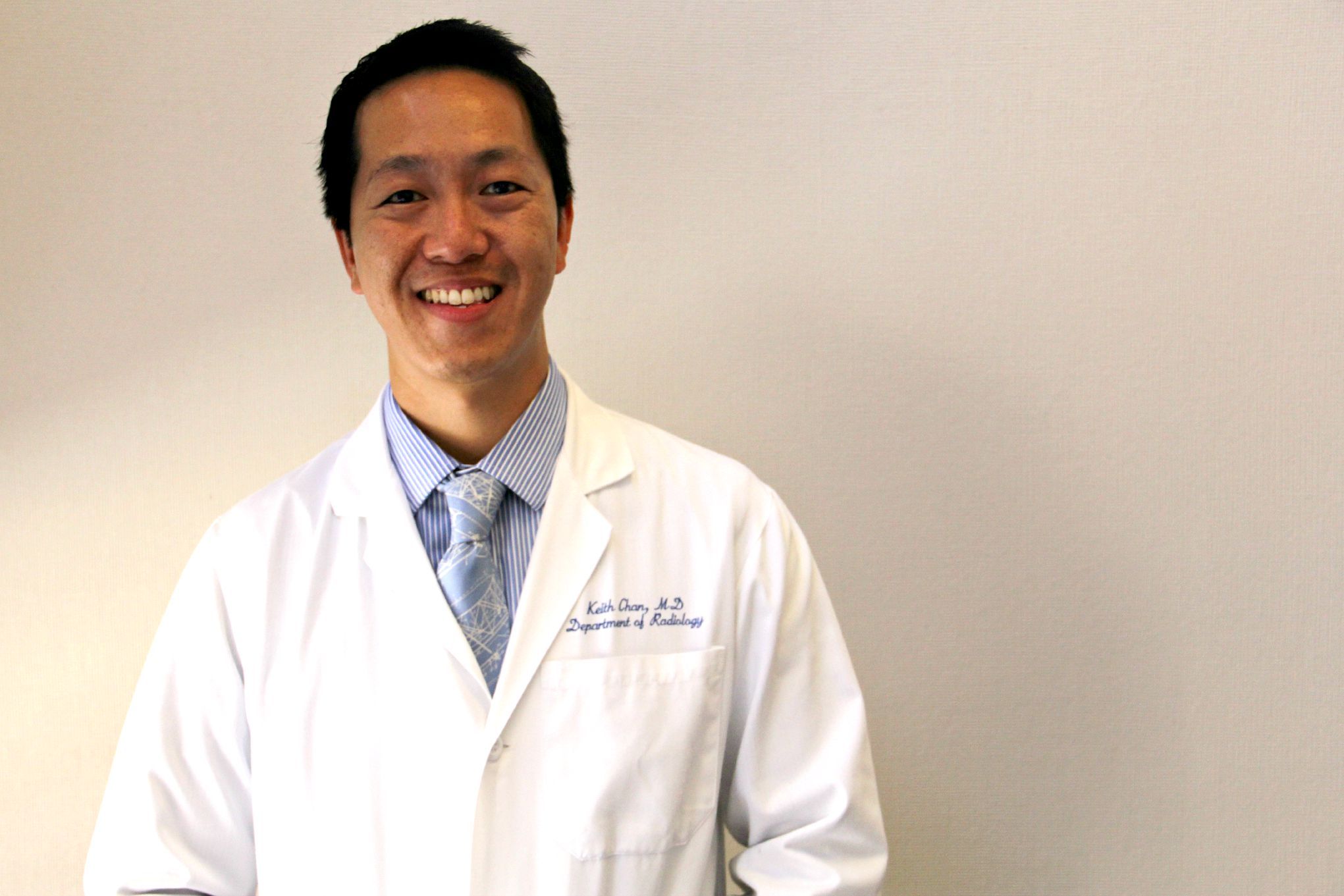eggeggeggegg
Full Member
- Joined
- Nov 16, 2018
- Messages
- 15
- Reaction score
- 18
I'm a current medical student and have been lurking here for a while now. I was reading the ACR webinar thread and am hoping to get a realistic outlook if I were to take the plunge. I realize these are all just guesses but, I figured it would be better than nothing. It seems like fewer people on twitter are disputing the job market is difficult, but it'd be helpful for medical students to quantify what sacrifices they would be making if they were to go this route. My partner has a relatively mobile job, and is open to the option of not working if need be/life changes. Ignoring COVID, it sounds like it would take minimum of a few years to find a desirable location, even back when the job market was better. To add to that, if this year is the first year with a small absolute reduction in the number of residents, than the number of graduating residents won't even peak for another 5 years... (+whatever impact hypofractionation, CMS billing changes etc would have)
So for a medical student entering the 2021 match and is say an average resident, middle of the pack of the 190 incoming residents, and average at networking...
Does anyone have guesses to how long it takes a graduating rad onc to find a "good" job in a medium sized area? For example not Chicago, but not super rurally either say either a place with ~100,000 people or say 25,000 but within an hour drive of a large centre. Making the assumption then that: any state would be fine, okay with academic or private practice as long as it isn't super exploitative.
I know people joke about breadlines on here sometimes, and after a year of reading posts, makes me wonder if there is more truth to it than i thought.
So for a medical student entering the 2021 match and is say an average resident, middle of the pack of the 190 incoming residents, and average at networking...
Does anyone have guesses to how long it takes a graduating rad onc to find a "good" job in a medium sized area? For example not Chicago, but not super rurally either say either a place with ~100,000 people or say 25,000 but within an hour drive of a large centre. Making the assumption then that: any state would be fine, okay with academic or private practice as long as it isn't super exploitative.
I know people joke about breadlines on here sometimes, and after a year of reading posts, makes me wonder if there is more truth to it than i thought.


